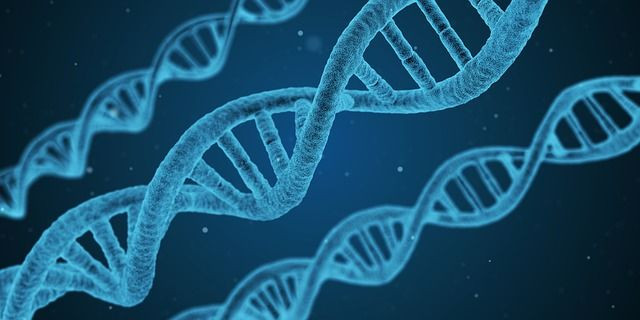DNA Diet: Do Our Genes Define What We Should Eat?

Gene-based nutrition interventions are taking on the aspects of the next big dietary fad.
Perhaps people want something more grounded in science to replace other diets such as the controversial ketogenic or keto diet that continues to get a lot of good and bad press these days. A keto diet is really tough to follow religiously, as anyone who’s tried it has discovered.
Also called a DNA-based diet or, simply, a DNA diet, gene-based nutrition interventions are based on nutrigenomics, or the study of how genes and nutrients interact. Nutrigenetics or nutritional genomics studies the relationship between the human genome, nutrition and health.
Obesity is one of the most widely studied topics in nutrigenetics, with research focused on how dietary changes based on a person’s unique DNA characteristics can prevent or reduce obesity.
Nurtigeneticists work toward developing an understanding of how the whole body responds to a food via systems biology, as well as single gene or single food compound relationships.
Scientists have long known specific foods and nutrients can alter gene expression in major and quite complex ways. These genetic alterations can impact metabolic processes and, ultimately, our overall well-being.
There is some evidence DNA-based diets can help some people metabolize carbohydrates, protein, and fats differently and more efficiently based on their genetic makeup. There is, however, no research that shows tailoring one’s diet to DNA information could change a person’s life.
The clinical trials that will either prove or disprove DNA-based diets haven’t been conducted yet.
“As solid scientific evidence is currently lacking, commercially available nutrigenomics tests cannot be presently recommended,” concluded the authors of a 2015 meta-analysis of the literature regarding nutrigenomics.
Experts also said effectively utilizing genetic information to guide more precise individual nutrition recommendations doesn’t only demand testing for random genetic variants.
But despite the absence of consensus around many gene-based nutrition interventions, more and more companies are commercializing gene-based diet and nutrition programs. Other firms are also using DNA analysis to make more personalized dietary supplement recommendations. Again, experts say the science isn’t solid enough to support most of these recommendations.
There are upsides to a DNA-based diet though. People seem more inclined to follow science-based interventions even if the tests they’re based on are somewhat expensive.
“There’s research now showing that people who get DNA-based dietary advice are more likely to follow recommendations,” the founder of Nutrigenomix said in an NBC report.

Published by Medicaldaily.com



























